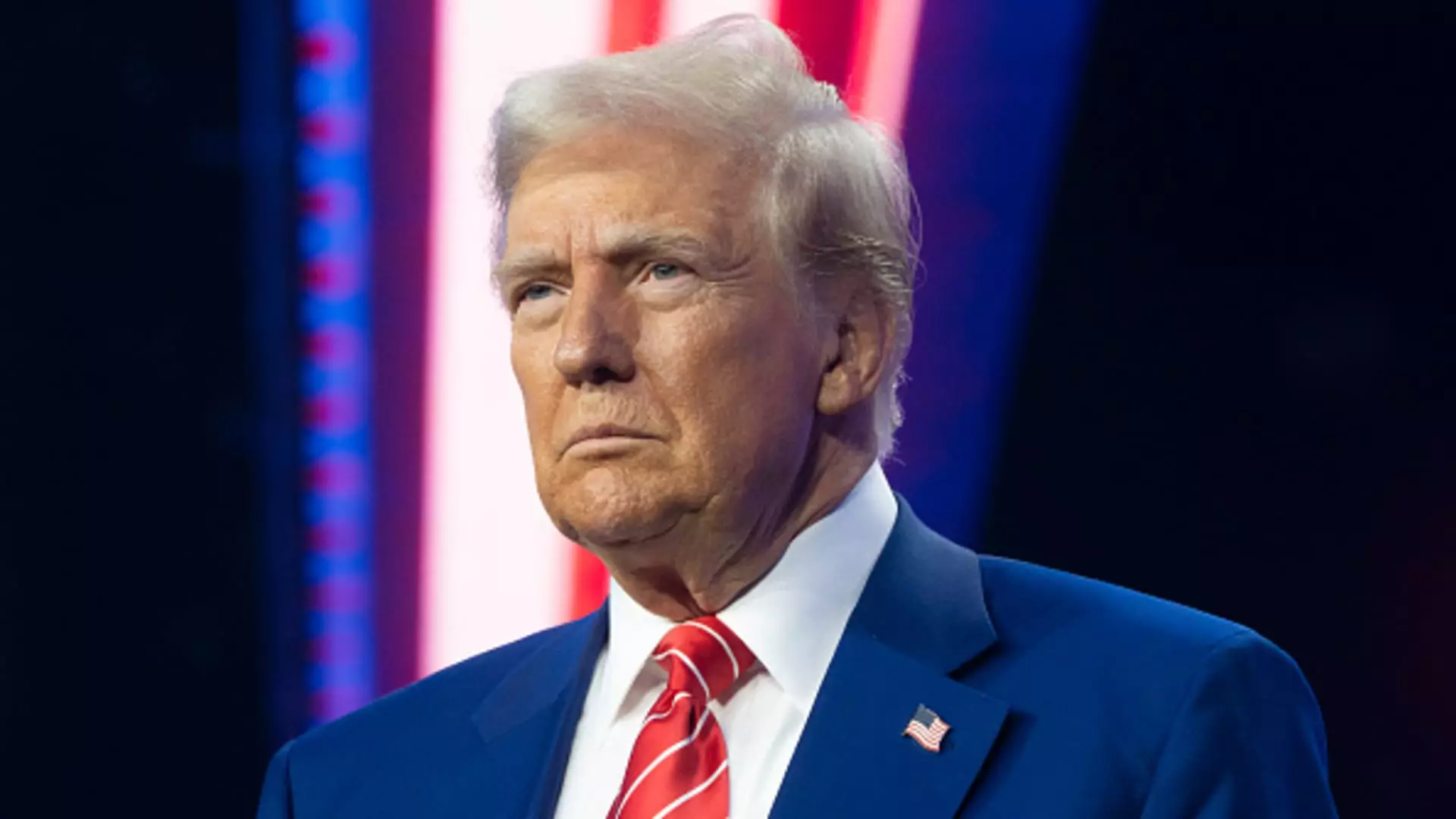The recent announcement regarding Donald Trump’s intention to attend Jimmy Carter’s state funeral poignantly underscores the complexities of American political life. Carter, who passed away at the venerable age of 100, is a figure who elicited both respect and controversy throughout his life and presidency. As Trump prepares to mark this significant occasion, it inevitably highlights a unique moment where reverence intersects with contemporary political dynamics. While attending funerals of former presidents often represents a breaking of partisan lines, Trump’s attendance might also serve as a symbolic gesture, showcasing an attempt to bridge the political divides of today’s polarized climate.
Trump’s acknowledgment of his invitation to the funeral reflects the shared reverence for Carter’s legacy, but it is also an opportunity for Trump to align himself with historical American leadership, reinforcing his own political identity. The National Cathedral, a site steeped in history and tradition, will serve as the tableau for this reconciliation of past and present, as leaders from various political factions come together to pay their respects.
Leadership Dynamics: House Speaker Election
The timing of Trump’s remarks regarding House Speaker Mike Johnson adds another layer to this narrative of leadership and allegiance. With the House of Representatives preparing to vote for its next speaker, Trump’s endorsement of Johnson seemingly aims to consolidate support within the GOP. In a party where loyalty can be fleeting, Trump asserts that Johnson is “the one that can win right now.” However, this bold claim comes amidst significant challenges, including internal dissent that may jeopardize Johnson’s bid for re-election.
As Trump navigates the political landscape, he is acutely aware of the delicate balance required to maintain influence and garner support among party members who may not fully align with his vision. His suggestion that “almost everybody likes” Johnson reflects an optimistic perspective, yet it may gloss over the reality of intra-party conflicts. This disconnect could lead to an interesting and potentially tumultuous outcome during the impending speaker election.
Implications for the Republican Party
Trump’s leadership style—a blend of charisma, controversy, and a strong affinity for loyalty—continues to shape the dynamics within the Republican Party. His recent endorsement underscores not just his influence but also the challenges of sustaining unity among party members. The divide apparent in the House, as evidenced by the dissent against Johnson’s funding bill, signals an underlying tension that may complicate collective decision-making moving forward.
With the GOP poised for a crucial moment in leadership selection, the outcome will reflect not just the preferences of the party but the enduring legacy of Trump’s tenure. Will the party rally around Johnson as Trump predicts, or will fractures widen, indicating deeper ideological divides? The answers to these questions will not only determine the future of the House leadership but also set the tone for the Republican Party as it ventures into the future.
In light of these events, Trump’s foray into a significant year marked by change, remembrance, and a crucial election not only highlights the complexities of political allegiances but also encapsulates the potent interplay between history and contemporary governance.



Leave a Reply